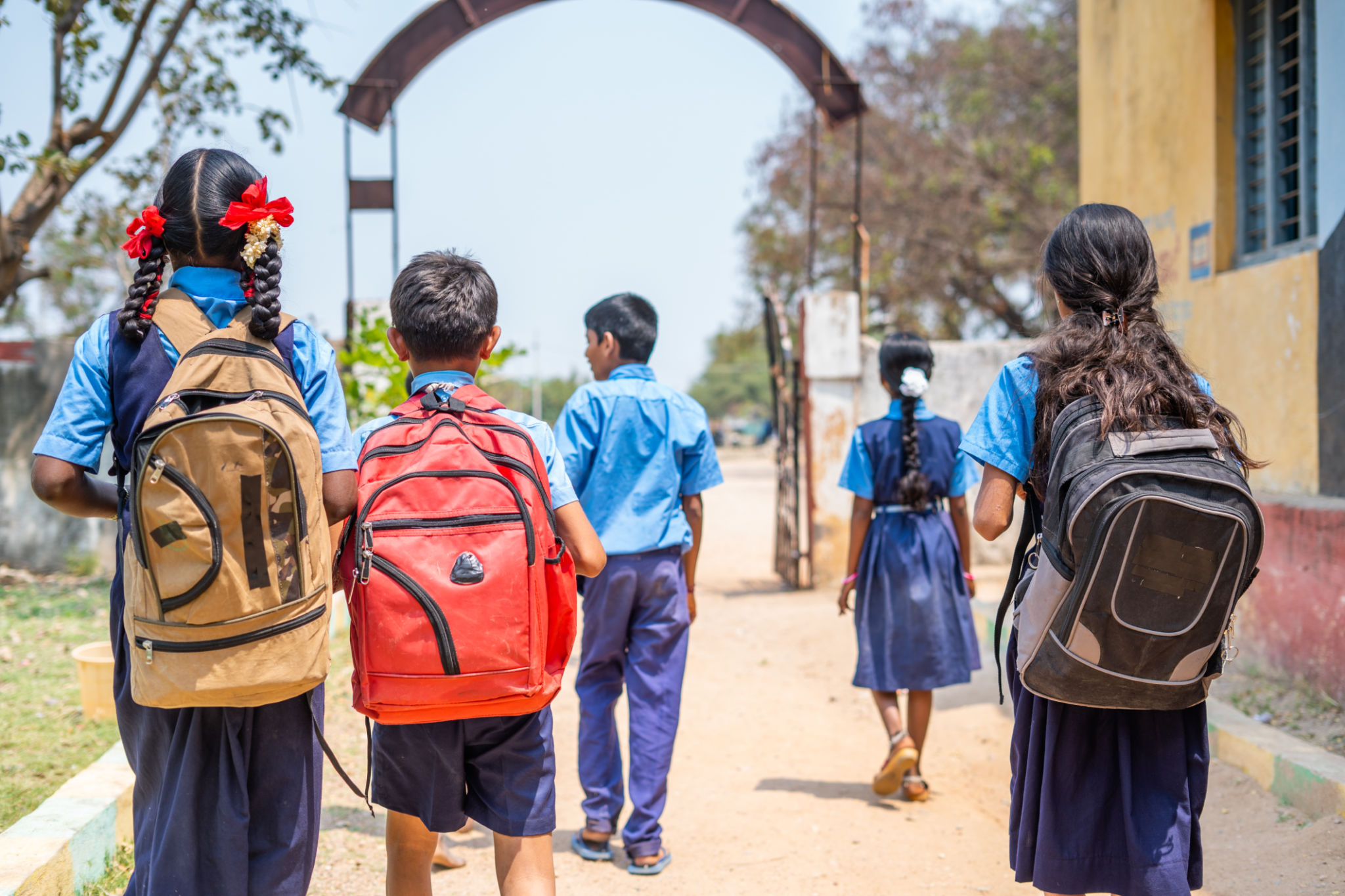Gender Equality in India: Progress and Challenges
Understanding Gender Equality in India
Gender equality in India has been a topic of significant interest and debate over the years. The nation has made noteworthy strides in empowering women and fostering equal opportunities for all genders. However, despite the progress, various challenges remain. This blog post delves into the progress and persistent challenges of gender equality in India.

Progress in Gender Equality
India has witnessed a positive shift towards gender equality in recent years. With initiatives like the Beti Bachao Beti Padhao campaign, the government has emphasized the importance of educating and empowering girls. Female literacy rates have improved considerably, and more women are participating in higher education and professional fields.
Additionally, women in India have made significant contributions to sectors such as politics, business, and science. The political representation of women has increased with more women holding seats in Parliament and state legislatures. These advances highlight a growing recognition of the potential and capabilities of women in Indian society.
Challenges Facing Gender Equality
Despite these achievements, several challenges continue to hinder true gender equality. Social norms and traditional practices often limit women's roles within families and communities. Many women still face restrictions on their freedom of movement and decision-making power.

Furthermore, gender-based violence remains a critical issue. Incidents of domestic violence, sexual harassment, and discrimination persist, affecting women's physical and mental well-being. Addressing these issues requires comprehensive legal frameworks and societal change to ensure a safe environment for all individuals.
The Role of Education
Education plays a crucial role in achieving gender equality. By providing equal access to quality education, both girls and boys can develop the skills and knowledge needed to break free from traditional gender roles. Educational institutions have the power to challenge stereotypes and foster an environment of inclusivity and respect.
Programs aimed at promoting gender-sensitive curricula and training educators to address gender biases are essential steps in this direction. Encouraging young minds to question stereotypes and embrace diversity can pave the way for a more equitable society.

Economic Empowerment
The economic empowerment of women is another critical aspect of gender equality. Access to financial resources, employment opportunities, and entrepreneurial ventures empower women to contribute significantly to economic growth. Initiatives providing microloans and skill development programs can help women become financially independent.
Removing barriers to employment and creating family-friendly workplace policies can further support women in balancing work and family responsibilities. Encouraging women-led businesses can also inspire more females to pursue entrepreneurial paths.
A Path Forward
Achieving gender equality in India requires a multi-faceted approach involving government policies, societal changes, and individual efforts. Advocacy groups, NGOs, and community leaders play pivotal roles in driving change and raising awareness about gender issues.
By fostering dialogues on gender equality and encouraging active participation from all sectors of society, India can work towards a more equitable future. Collaboration across different levels is essential to address both deep-rooted challenges and emerging issues effectively.

The journey towards gender equality in India is ongoing, but with sustained efforts and commitment, it is possible to create a society that values and respects all individuals equally. As progress continues, it is important to celebrate achievements while remaining vigilant about addressing the challenges that persist.